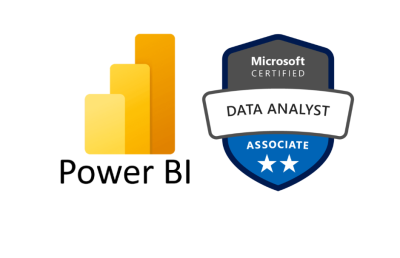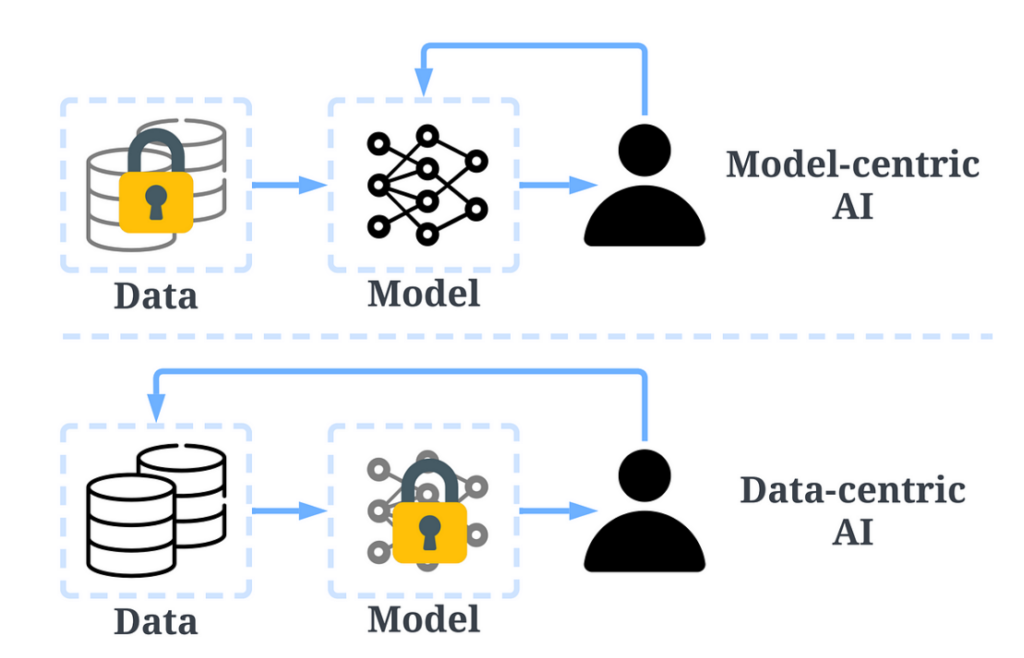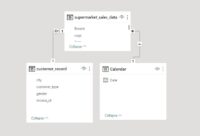Business Intelligence (BI) tools provide data scientists with a powerful set of capabilities for managing and analyzing data, which enables them to make data-driven decisions that can have a significant impact on business outcomes. BI tools help data scientists to efficiently process large amounts of data, visualize data in meaningful ways, and identify patterns and insights.
Business Intelligence (BI) tools provide data scientists with a powerful set of capabilities for managing and analyzing data, which enables them to make data-driven decisions that can have a significant impact on business outcomes. BI tools help data scientists to efficiently process large amounts of data, visualize data in meaningful ways, and identify patterns and insights.
Ultimately, BI tools can help organizations to become more data-driven, enabling them to make better decisions, improve efficiency, and drive better business outcomes.

- Data integration and Management: BI tools can be used to integrate data from various sources, such as databases, data warehouses, and data lakes and build the relationship.
- Data cleaning and preprocessing: BI tools can be used to clean and preprocess data, such as removing duplicates, missing values, and outliers, and transforming data into a format suitable for analysis.
- Data analysis and modeling: BI tools can be used to perform various types of analysis, such as descriptive, diagnostic, predictive, and prescriptive analysis. They can also be used to build and train machine learning models, such as regression, classification, clustering, and recommendation systems.
- Data exploration and visualization: BI tools can be used to explore and visualize data in various formats, such as graphs, charts, and tables. This helps data scientists gain insights into the data and identify patterns, trends, and relationships.
- Real-time monitoring and alerting: BI tools can be used to monitor data in real-time and trigger alerts when certain thresholds are met, such as anomalies, trends, and patterns.
Some of the most popular business intelligence tools used by data scientists are:
- Microsoft Power BI: Power BI is available in both cloud-based and on-premises versions that provides interactive visualizations and business intelligence capabilities with an interface that is easy for both technical and non-technical users.
- Tableau: Tableau is a powerful data visualization tool that enables data scientists to create interactive dashboards and reports, explore data from different angles, and identify trends and patterns.
- QlikView: QlikView is a business intelligence platform that provides real-time data analysis, interactive visualizations, and dynamic dashboards, which can help data scientists to quickly identify trends and insights.
- Domo: Domo is a cloud-based business intelligence platform that provides real-time data analysis, visualization, and collaboration tools, enabling data scientists to quickly identify trends and insights and share them with stakeholders across the organization.
These are just sample examples of popular business intelligence tools that can be used by data scientists, and the best tool for a project depends on factors like the size and complexity of the data, the business needs, and the technical expertise of the team.



